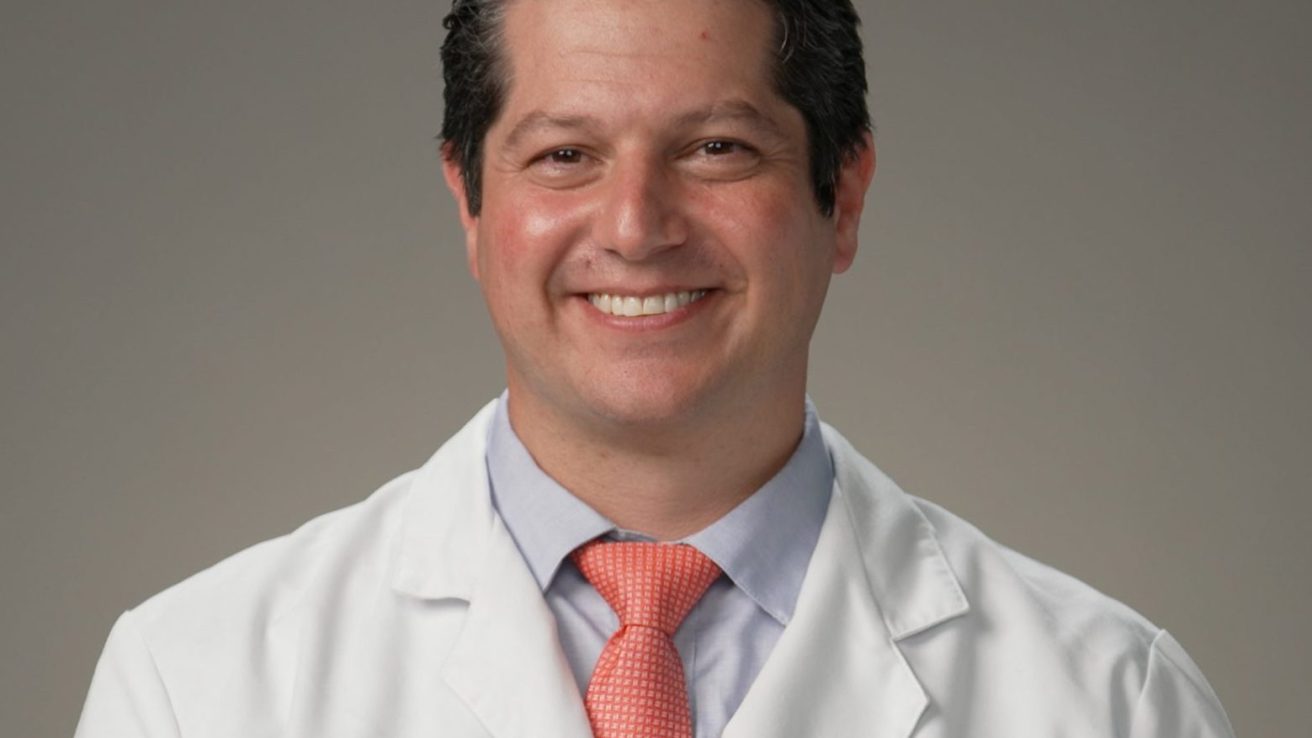In this MD Newsline exclusive interview with health education and wellness physician Dr. Ilan Shapiro, we discuss why the Latino community has been disproportionately affected by COVID-19. Dr. Shapiro also shares a message of encouragement for his healthcare colleagues on the COVID-19 pandemic.
MD Newsline:
Can you speak to why the Latino community has been disproportionately affected by COVID-19?
Dr. Ilan Shapiro:
“It has been a horrible past year and a half. The current pandemic has massacred the Latino community. A lot of people have asked me, ‘does this virus attack the Hispano community directly?’ Because, seeing the numbers, especially where I work, a lot of the ICUs have been filled with majority Hispano patients, and Hispanos have led the death toll. And I’m not proud of that.
Decades of problems with social determinants of health are responsible for these tragedies. When you stress a community that has been struggling with depression, anxiety, multiple jobs, a scarcity of nutritious foods for their families, education challenges, and social and environmental injustices, all you need to add is another stressor, like a pandemic, and everything falls apart.
That’s why we’re seeing this high prevalence of COVID-19 disease, complications, and deaths in the Latino community. And now, we’re starting to comprehend just how many people we have lost, and how many people are still struggling, not just with the physical health challenges of long COVID-19, but with the mental health challenges as well.”
MD Newsline:
Is there anything else you would like to speak on or a take-home message you would like to share with our physician audience regarding this content?
Dr. Ilan Shapiro:
“Dear colleagues, we have been doing some of the most important work of our lives as of late. It has been a very tough time. We went out and fought when many were asked to stay home. We will carry a lot of scars from these experiences. We will be carrying lives, images, and sounds that will long be a part of us.
But, most importantly, we’re still here, and if you’re listening to this message, that means that you still care. We need to hold onto that truth. And we need to continue caring for our underserved and most vulnerable communities.
Moreover, we need to continue engaging in COVID-19 research and creating communities that are not just resilient, but healthy, with bright futures ahead.”
Responses have been condensed and lightly edited.










